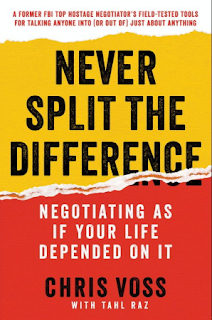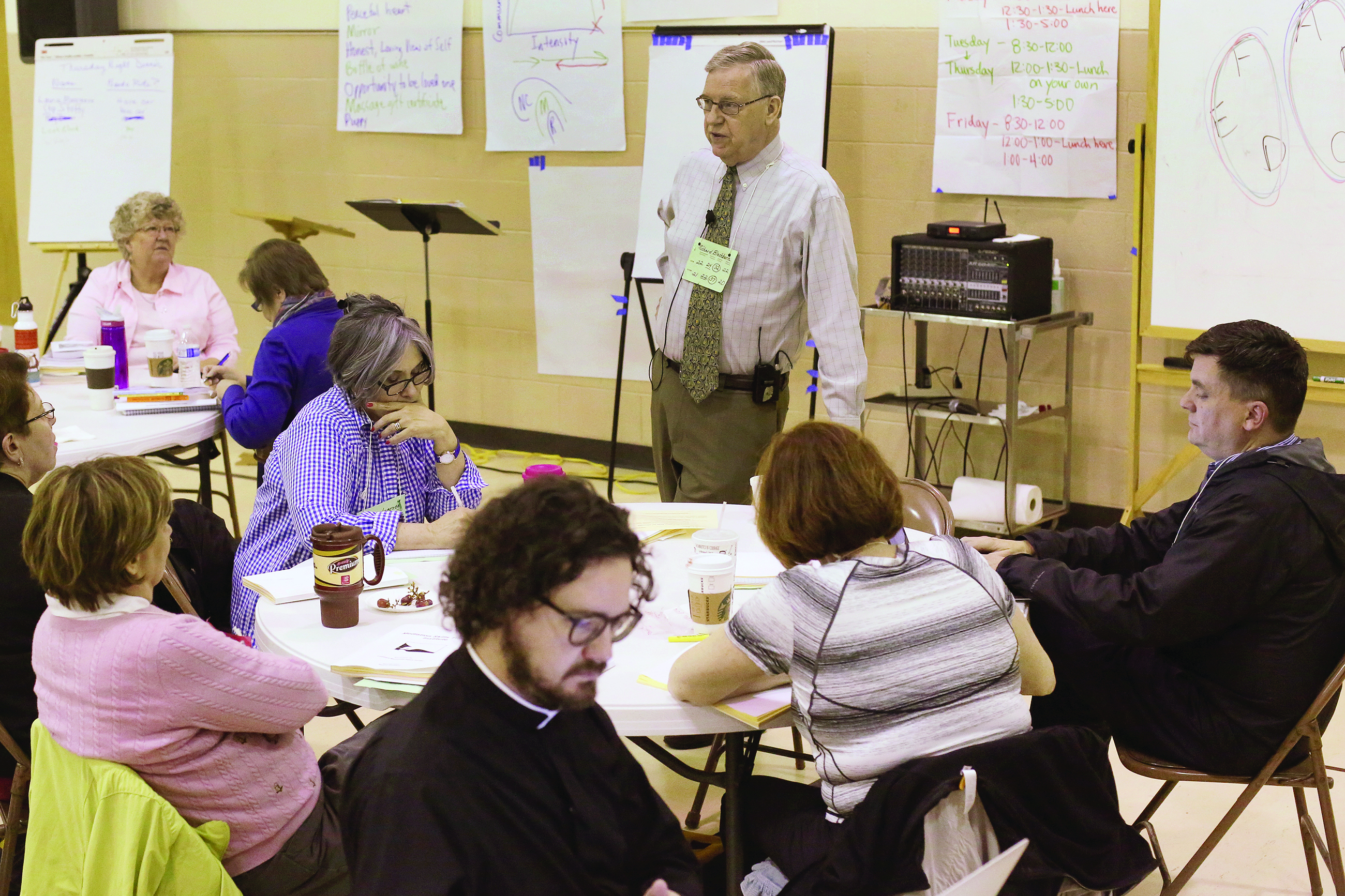‘We’ve got your son, Voss. Give us one million dollars or he dies.’”Read more from the Crisis Negotiator Blog [HERE].
ACR/Creighton University Sponsored Training: The Child Centered Continuum Model
Today The Werner Institute welcomes international trainers Lorri Yasenick and Jon Graham who are facilitating a two day workshop on how to include children in ADR processes. The training, titled, "The Child Centered Continuum Model: When and How to Include Children in ADR Processes" brought together attendees from diverse backgrounds including mediators, lawyers,parenting coordinators,
mental health practitioners, and policy makers,
The Child-Centred Continuum Model (CCCM) is a four-level skills-based approach that ensures children’s concerns will be included in mediation/ADR processes. Learn when and how to safely include children.
Workshop Teaches Clergy Mediation Skills
(ToledoBlade.com) Ministers don’t only work on Sundays, and their education doesn’t stop when they get the “Reverend” title. Their scripture might be ancient, but lifelong learning is a pastoral necessity.
The Rev. Richard Blackburn, the founder and executive director of the Lombard Mennonite Peace Center of Lombard, Ill., was teaching a five-day course addressing church conflict, as part of the peace center’s Mediation Skills Training Institute. The course is offered at locations across the country.
“For this particular program,” the Rev. Blackburn said, “the thing I often hear from pastors is, ‘Why didn’t I learn this in seminary?’
Read more [HERE].




You need to be a member of ADRhub to add comments!
Join ADRhub